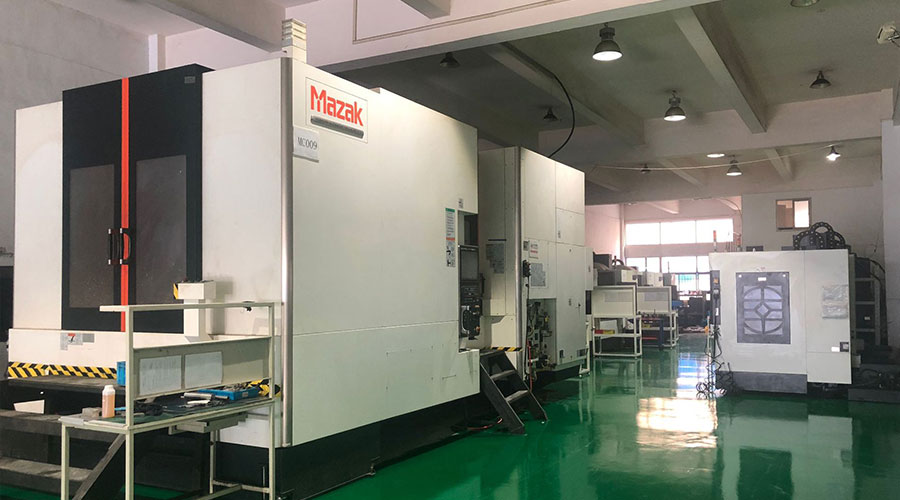A mold is a tool used to make molded objects. This tool is composed of various parts, and different molds are composed of different parts. It mainly realizes the processing of the shape of the article through the change of the physical state of the formed material. Known as the “Mother of Industry”.
Due to the development of new technology and aluminum template, especially for the design of injection molds, aluminum molds are more and more commonly used in blow molds, R.I.M. molds, rubber molds, structural foam molds, and R.T.M. molds. Although it may not be suitable for all applications, in fact, its use is becoming more and more common. Everyone hopes to prolong the production life of the mold. For example, the mold is made of traditional tool steel, and the surface is electroplated with hard chromium or nickel metal, or more specialized engineering coatings are used. This can prevent the surface from being worn or worn. Corrosion promotes better demoulding. Since then, in order to seek the same goal, they began to use aluminum molds and found a practical solution.
![]()
In order to produce better decorative parts by injection molding, in addition to prolonging the service life of the mold, the manufacturer also hopes that the surface of the aluminum mold can maintain a certain degree of gloss, so it is recommended to use a non-plated nickel spraying process, because This method helps to extend the life of the mold surface finish, making it relatively easy to produce decorative parts.
Due to the soft texture of aluminum, if the surface coating is not used, it will be easily worn by the Plastic, which will accelerate its damage, thereby changing the gloss of the injection molded part. The electroless nickel coating can increase the mold surface by 50RC, which is sufficient to protect and extend the gloss and structure of the mold surface. The electroless nickel coating can obtain a better surface finish quality than the aluminum itself, but it must be pointed out that before the mold can be electroplated, some surface treatment is first required. For example, in order to achieve the lens-level quality level, it is recommended to first process the surface of the aluminum mold to the SPIA-3 level finish level, and then apply a 0.0003~0.0005 high-phosphorus electroless nickel coating before further polishing. , To make it reach the level of diamond-quality finish.
Link to this article: Mold plating processing
Reprint Statement: If there are no special instructions, all articles on this site are original. Please indicate the source for reprinting:https://www.cncmachiningptj.com/,thanks!
 Sheet metal, beryllium, carbon steel, magnesium, 3D printing, precision CNC machining services for heavy equipment, construction, agriculture and hydraulic industries. Suitable for plastics and rare alloys machining. It can turn parts up to 15.7 inches in diameter. Processes include swiss machining,broaching, turning, milling, boring and threading. It also provides metal polishing, painting, surface grinding and shaft straightening services. The production range(include aluminum die casting and zinc die casting) is up to 50,000 pieces. Suitable for screw, coupling, bearing, pump, gearbox housing, drum dryer and rotary feed valve applications.PTJ will strategize with you to provide the most cost-effective services to help you reach your target,Welcome to Contact us ( [email protected] ) directly for your new project.
Sheet metal, beryllium, carbon steel, magnesium, 3D printing, precision CNC machining services for heavy equipment, construction, agriculture and hydraulic industries. Suitable for plastics and rare alloys machining. It can turn parts up to 15.7 inches in diameter. Processes include swiss machining,broaching, turning, milling, boring and threading. It also provides metal polishing, painting, surface grinding and shaft straightening services. The production range(include aluminum die casting and zinc die casting) is up to 50,000 pieces. Suitable for screw, coupling, bearing, pump, gearbox housing, drum dryer and rotary feed valve applications.PTJ will strategize with you to provide the most cost-effective services to help you reach your target,Welcome to Contact us ( [email protected] ) directly for your new project.
Link to this article:Mold plating processing
Reprint Statement: If there are no special instructions, all articles on this site are original. Please indicate the source for reprinting.:Silicone And Casting,Thanks!^^